Register for free and continue reading
Join our growing army of changemakers and get unlimited access to our premium content
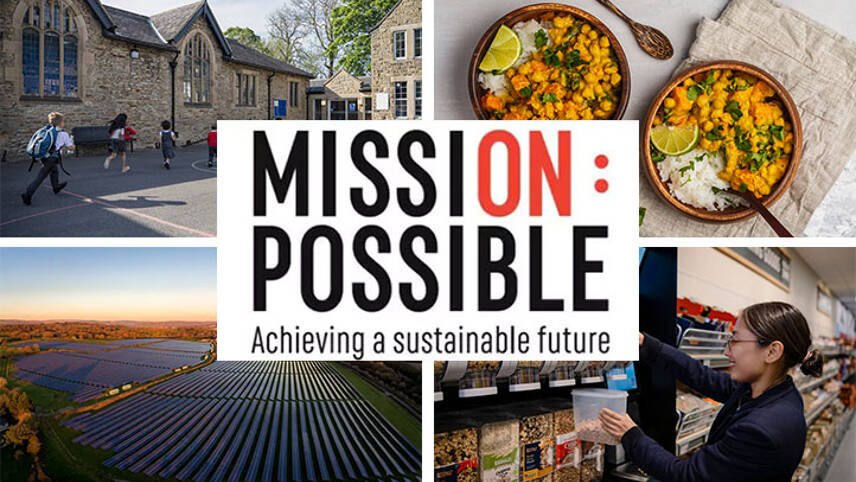
Published every week, this series charts how businesses and sustainability professionals are working to achieve their ‘Mission Possible’ across the campaign’s five key pillars – energy, resources, infrastructure, mobility and sustainability leadership.
Across the UK and across the world, leading businesses, cities, states and regions are turning environmental ambitions into action. Here, we round up five positive sustainability stories from this week.
ENERGY: IEA declares global clean energy transition ‘unstoppable’
The week began with a bang for those working in the energy transition as the International Energy Agency (IEA) unveiled the 2023 edition of its annual World Energy Outlook.
The conclusion from the IEA’s executive director Fatih Birol is that “the transition to clean energy is happening worldwide and it’s unstoppable”. He added “It’s not a question of ‘if’, it’s just a matter of ‘how soon’ – and the sooner the better for all of us.”
Included in the Outlook is data tracking the exponential uptick of solar and electric vehicles as prices continue to fall.
There is a word of warning that the global energy transition is not yet aligned with the Paris Agreement’s 1.5C and 2C pathways. Instead, it aligns with around 2.4C of warming by 2100 on pre-industrial levels, which would be catastrophic for billions living in climate-vulnerable regions.
The Outlook includes a string of key recommendations for policymakers to further accelerate a just energy transition. Read edie’s roundup of these inclusions here.
RESOURCES: Aldi UK pilots in-store refill and eyes reusable packaging for home deliveries
Now, separately, Aldi UK has introduced an in-store retail offering in its Solihull branch on a trial basis and is promising that refillable products will be cheaper than their packaged equivalents.
Customers will be able to refill dry items like cereal and pasta in store using their own containers. From next year, the offer will also include liquid products in the personal care and cleaning category.
The refill infrastructure has been supported by The Refill Coalition also comprising Ocado, CHEP, GoUnpackaged and a group of packaging and refill infrastructure developers.
Aldi UK’s plastics and packaging director Luke Emery said: “We are continuing our work to reduce single-use plastics and packaging, and making unpackaged product options more commonplace for our customers is a key part of this.”
MOBILITY: Electric transformation underway at First Bus depot
First Bus is aiming for all of its buses in the UK to operate with zero tailpipe emissions by 2035.
It has already begun work to transition to fully electric fleets at depots including Roundtree Way in Norwich and Bramley in Leeds. This week, it announced the breaking of ground at the electrification project for a depot serving Portsmouth and Hampshire.
The Hoeford depot in Fareham will operate 63 new pure electric buses from March 2024. Works currently underway will enable the charging of these buses as well as their regular testing.
First Bus South has invested some £15.9m in the electrification project and has secured £12.7m of support from the UK Government through the Zero Emission Bus Regional Area (ZEBRA) scheme.
Hampshire County Council leader Rob Humby said: “The area where these new electric buses will be operating [covers] two Clean Air Zones. These are locations where poor air quality is damaging to public health, so this investment marks a major milestone in cleaning up our whole transport system.”
THE BUILT ENVIRONMENT: Church of England developing net-zero framework for schools
The Church of England has set a 2030 net-zero target encompassing its sizeable estate of cathedrals, churches, housing and schools.
The Church has now confirmed that it is developing a new National Framework for the net-zero transition in schools and academies. This will be a free resource available to all 3,000+ education facilities in its estate, which collectively account for almost half of the Church’s annual emissions.
The Framework will be supported by site-specific audits co-organised by Boards of Education and Multi-Academy Trusts, plus additional funding from the Church. Funding will, in the first instance, be used to explore options for replacing inefficient fossil fuel heating systems.
SUSTAINABILITY LEADERSHIP: Lambeth becomes first London Borough to endorse Plant-Based Treaty
The Climate Change Committee (CCC) has recommended a 20% reduction in red meat and dairy consumption on a per-capita basis by 2030, if the British food system is to be aligned with net-zero by 2050.
The Government has, to date, refused to entertain this recommendation, stating that people’s lifestyles should not be dictated by policymakers and emphasising its commitments to safeguard British farming.
However, several local authorities, including those in Edinburgh, Norwich and Haywards Heath have rallied for a more concerted shift to lower-carbon diets by supporting calls for a global Plant Based Treaty.
This week, the first London Borough Council – Lambeth – joined this call to action. A global Plant Based Treaty would be similar in design to the Fossil Fuel Non-Proliferation Treaty and garner global agreements to scale back the most intensive and destructive forms of agriculture in favour of lower-impact, more resilient, plant crops.
Lambeth Council’s cabinet members for healthier communities (Jim Dickson) and sustainability (Rezina Chowdhury) stated that supporting the Treaty is aligned with the council’s own biodiversity and climate action plans.
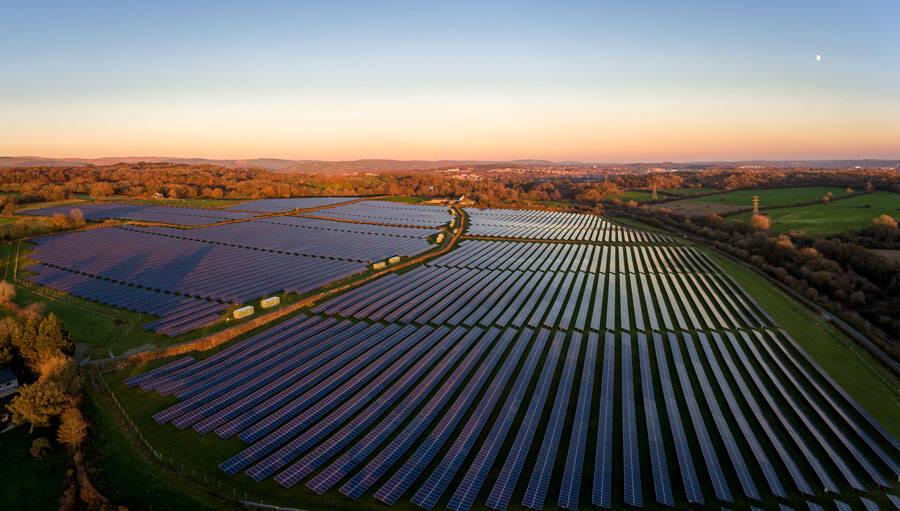
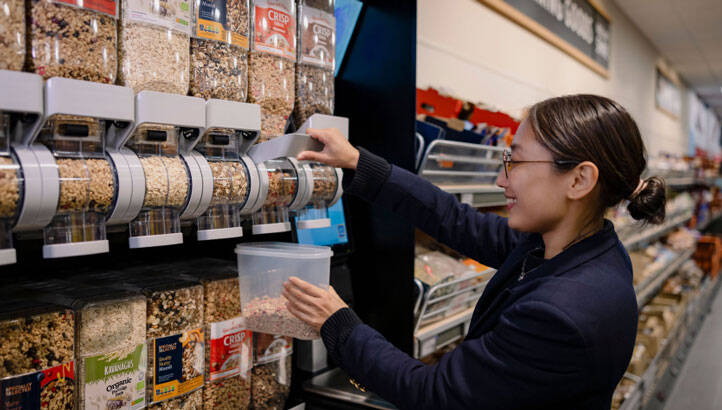
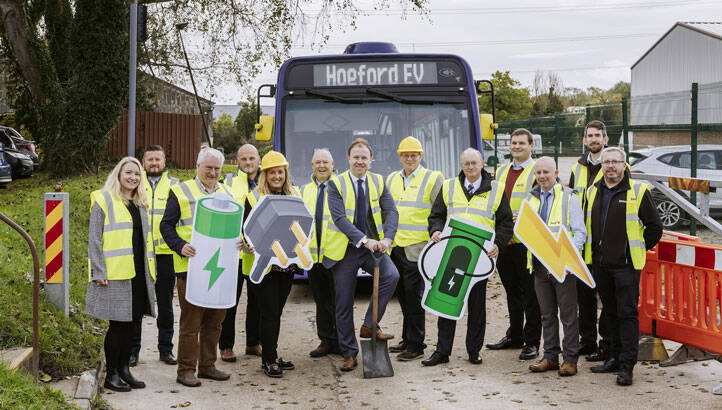
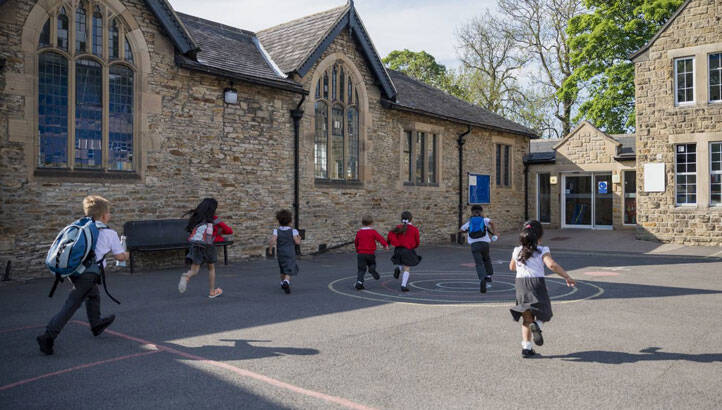



Please login or Register to leave a comment.